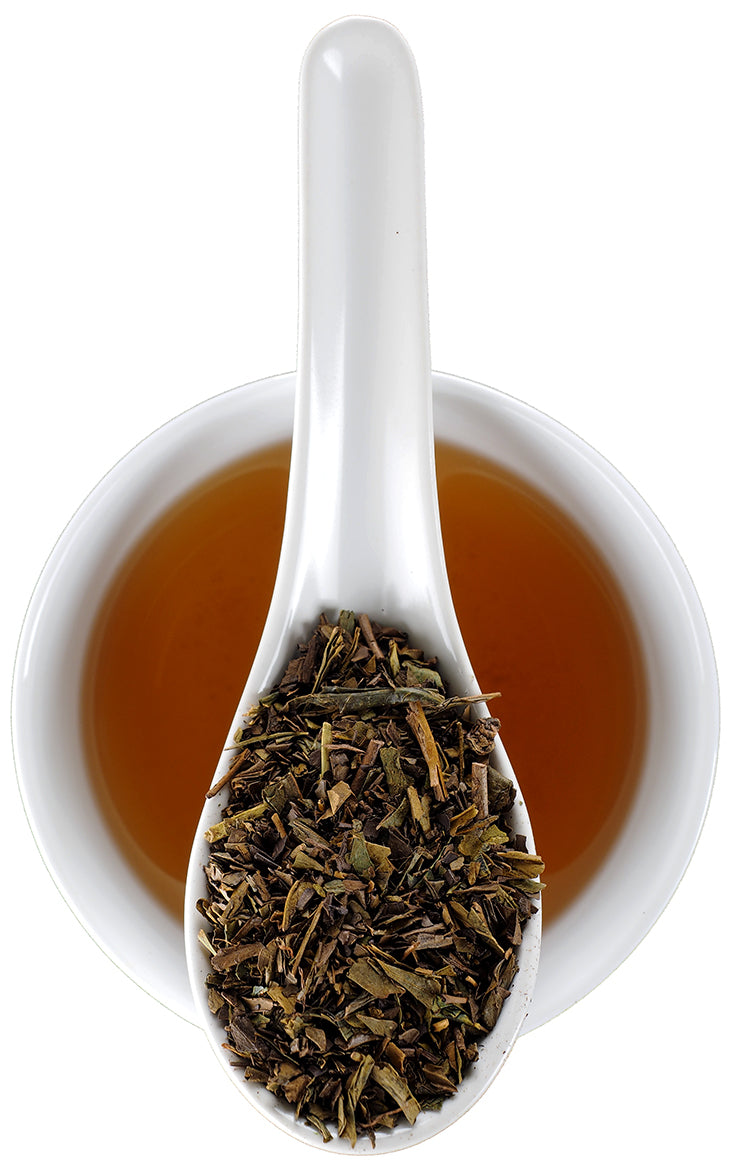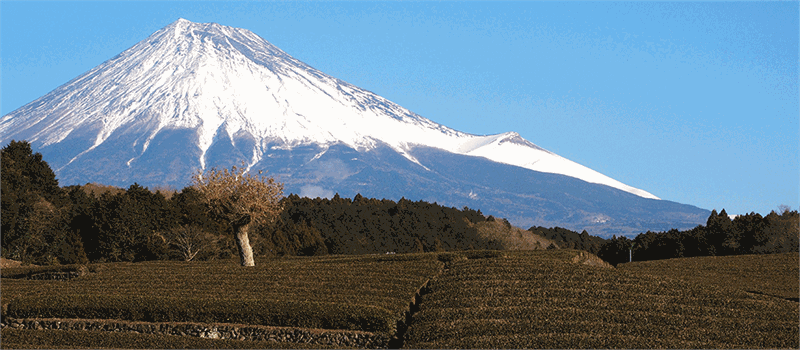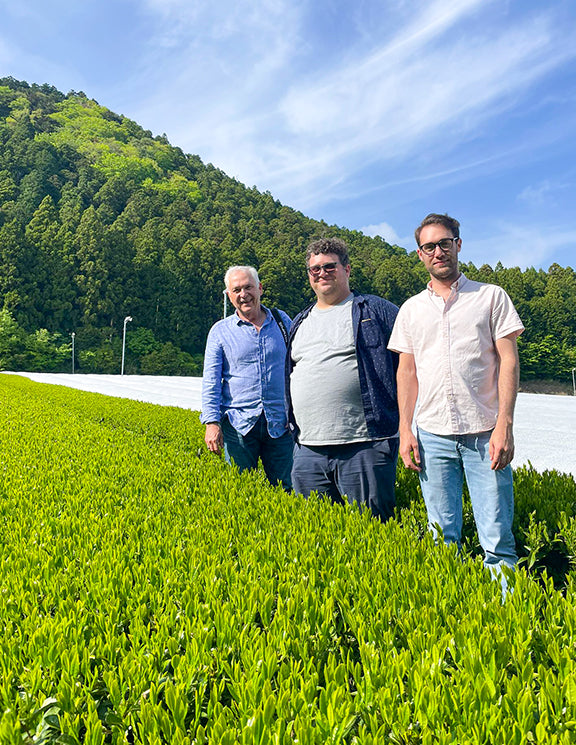Caffeine Level: Low
Hojicha Roasted Japanese Organic Green Tea - Low Caffeine
Hojicha Roasted Japanese Organic Green Tea - Low Caffeine
Couldn't load pickup availability
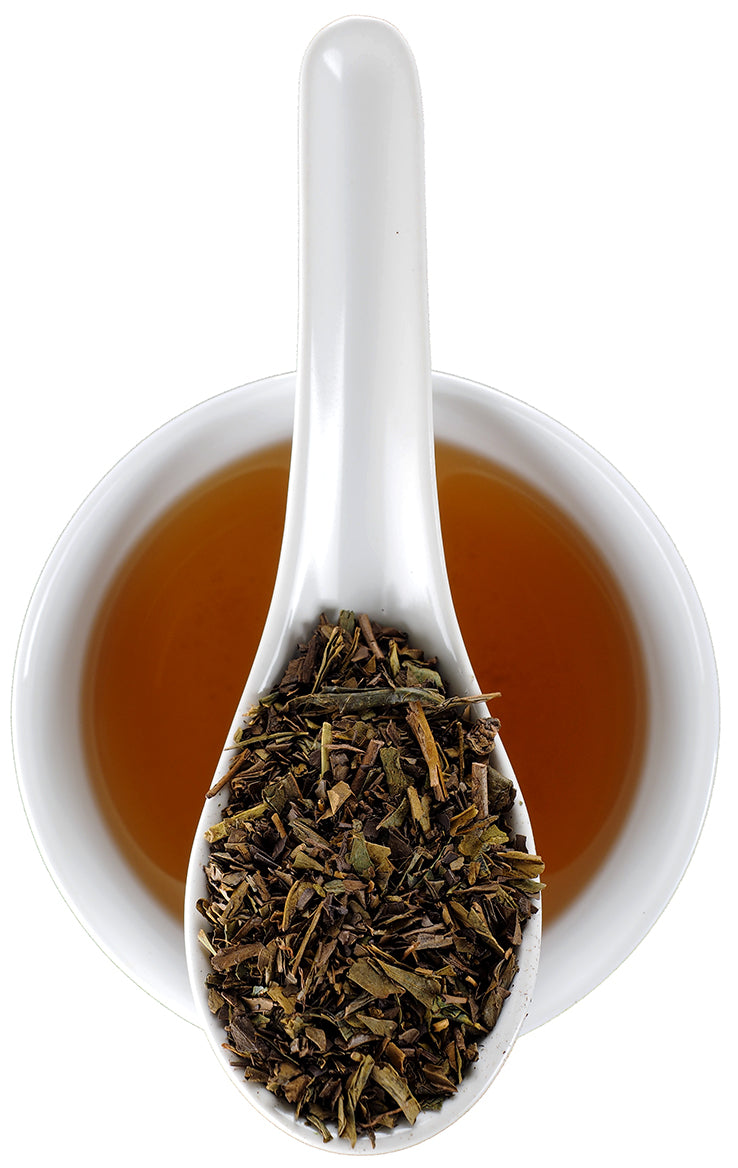
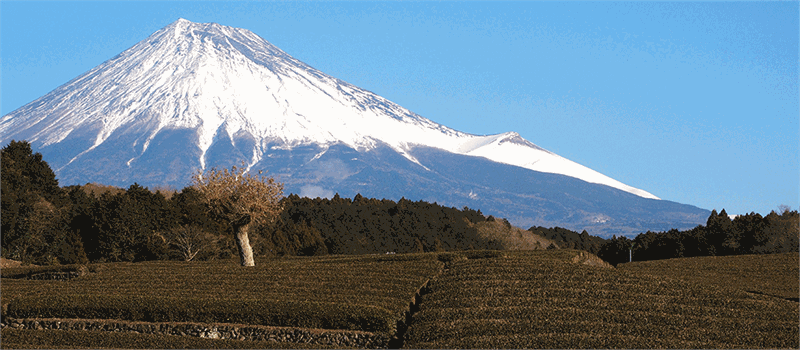
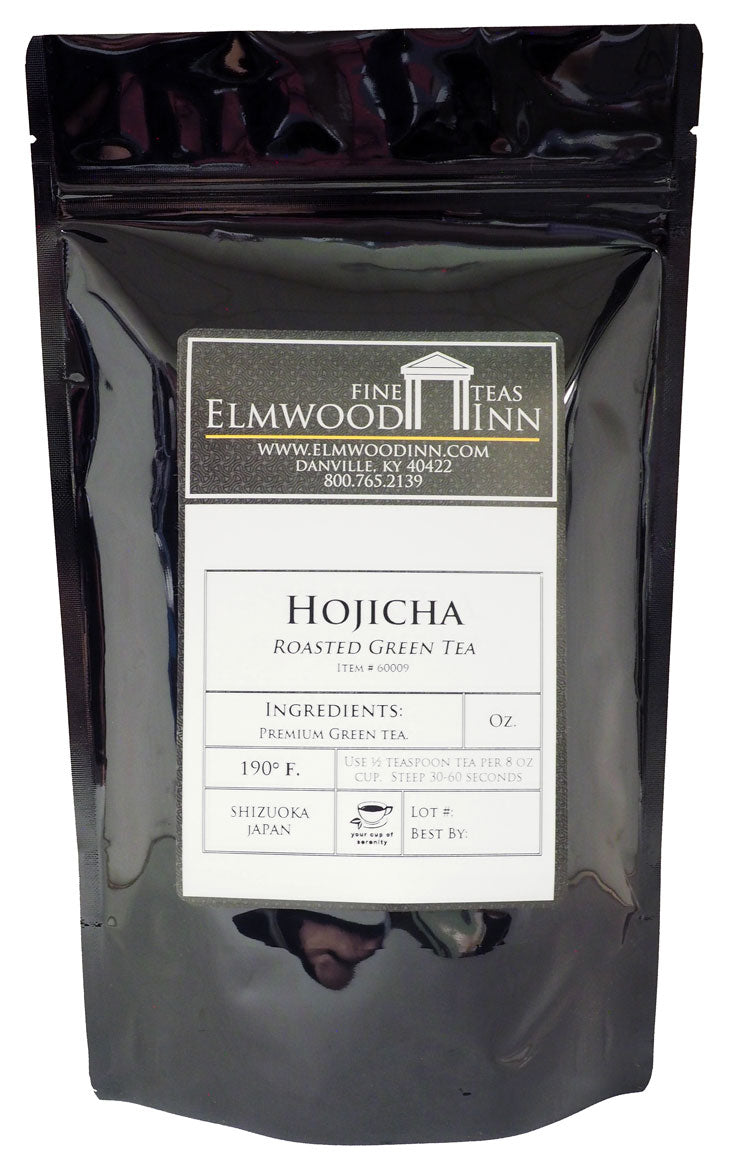
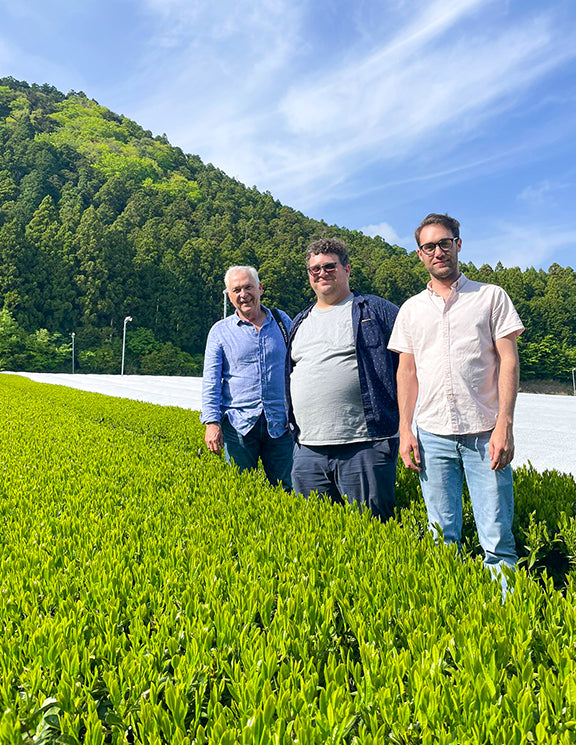
Hojicha Roasted Japanese Organic Green Tea - Low Caffeine Information
Water Temperature:
175°FBrewing Time:
2 minutesIngredients:
Organic green teaOrigin:
Shizuoka, JapanOur staff visited Shizuoka Prefecture in 2023 in search of a new organic garden, and we discovered the best Hojicha we've tasted.
To make this tea, fresh green leaves are steamed - like Sencha - and then roasted. This results in a savory, nutty Japanese green tea with an aroma that might remind you of puffed rice cereal from your childhood. Hojicha is an everyday Japanese breakfast tea.
There are no bitter notes, even when brewed more than once. The caffeine content is lower than most other green teas because roasting causes much of the caffeine to dissipate. Many of our customers make cold-steeped tea overnight with our Cold-Steep Flask Pitcher. Looking for a green tea that you can enjoy with breakfast? This is your answer.
Steep like a tea professional, and never use boiling water on green tea. The optimal temperature is 165-175F.
*According to the FDA, Consuming Just Two Cups of Black or Green Tea Daily Reduces the Risk of Heart Disease and Diabetes.
Excellent teas; great quality and I know since I have purchased teas every time I went to Japan! It’s so wonderful to have the same quality here in USA.

